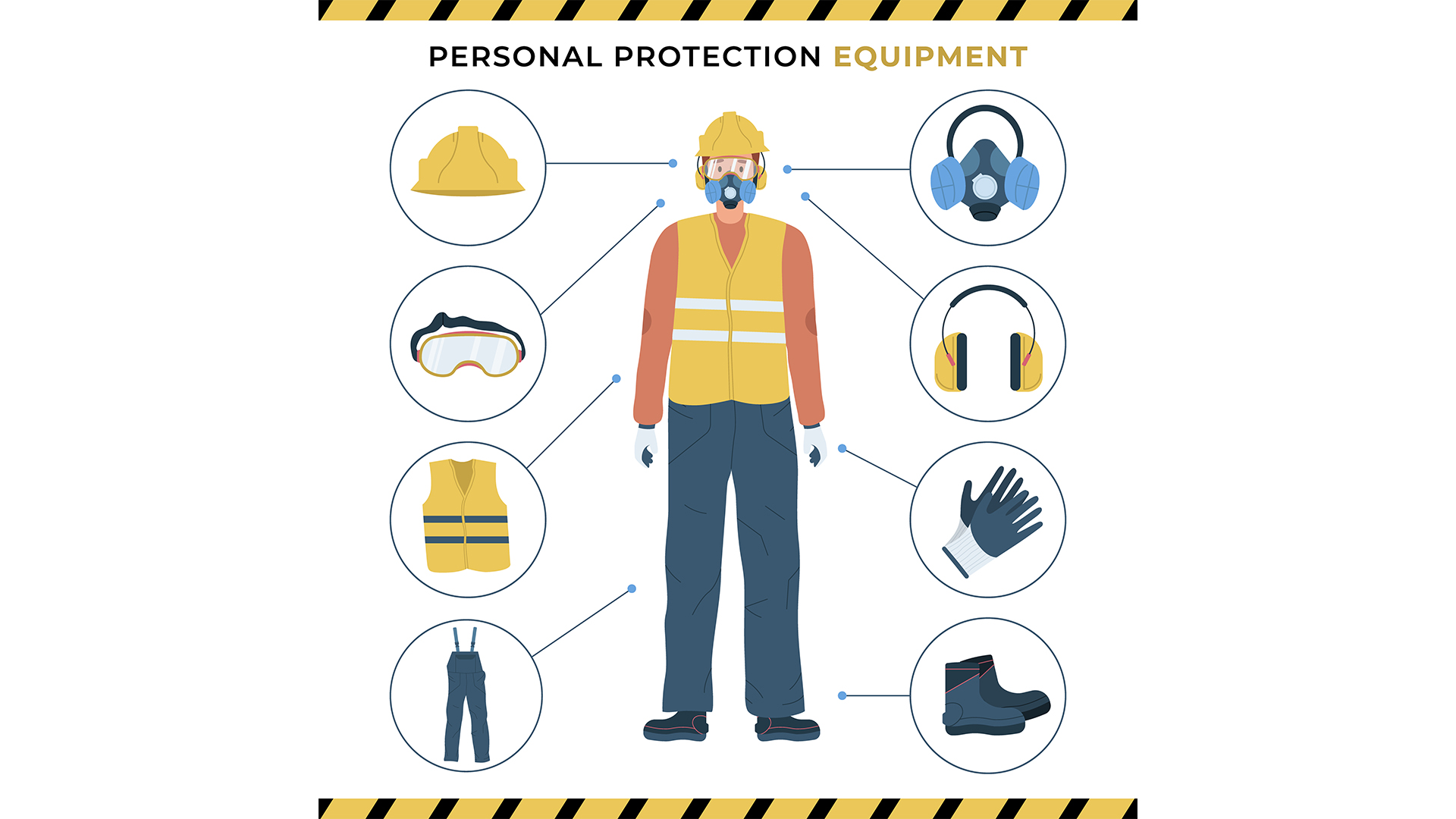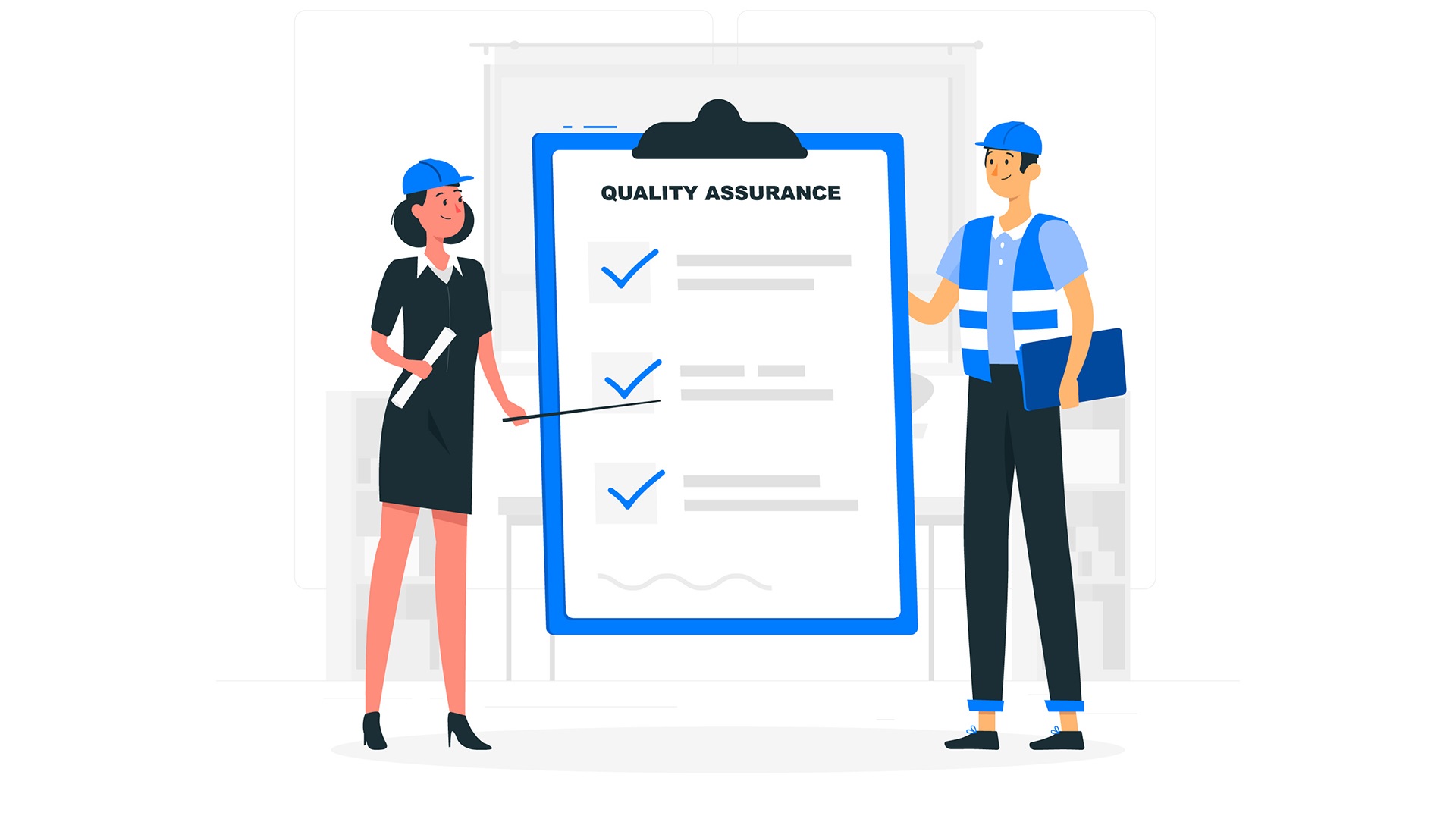
EQA Power: Quality Assurance At Its Finest
Course overview
What is Quality Assurance from the Outside In?
External Quality Assurance (EQA) is the process used to ensure that exercises in evaluation and Internal Quality Assurance (IQA) have been conducted in a trustworthy, secure, and appropriate manner. The quality assurer of the granting body completes the External Quality Assurance. This awarding body was recruited by the training provider, essentially, from an outside source.
Why is it crucial to have external quality assurance?
The method of External Quality Assurance guarantees that students who have been registered with the awarding body will always have access to high-quality assistance. They also verify the validity and reliability of the IQA and appraisal decisions. In addition, the EQA will review the procedures and practices of the key instructional hubs to ensure they adhere to all requirements. They must also assist the targeted employees and, when appropriate, provide them with direction and advice on areas that require improvement.
Participants will gain all the skills necessary to succeed as an EQA provider from this Training Bee training course. It does not, however, limit itself to surveillance analysis. In-depth coverage of all significant aspects of laboratory sampling, testing, and evaluation is provided by Training Bee training, giving you the competence and technical know-how required to complete these duties. You will also be invited to numerous growth possibilities across other organizations and given more opportunity to showcase your talents and potential thanks to this training.
Introduction
External Quality Assurance (EQA) is a methodical procedure intended to guarantee that organizations, procedures, and products fulfill predetermined quality standards and follow rules and laws. It is a crucial part of quality control in a number of industries, including manufacturing, services, healthcare, and education.
To sum up, external quality assurance is a methodical, external assessment process that is essential to preserving and raising the caliber of goods, services, and procedures. It is a continual dedication made by firms in a variety of sectors to excellence, compliance, and continuous improvement.
We are The Training Bee, a global training and education firm providing services in many countries. We are specialized in capacity building and talent development solutions for individuals and organizations, with our highly customized programs and training sessions.
Learning Objectives
Upon completing External Quality Assurance (EQA), participants will be able to:
- Supplying laboratories with reference testing supplies and services, as well as an external quality assurance program
- Supplying laboratories with equipment, a reference monitoring service, and an external quality assurance program
- Enhancing internal quality control
- Evaluating the performance-related elements (personnel, procedures, and many more)
- Serving as an incentive for higher education to enable improved performance
Our Unique Training Methodology
This interactive course comprises the following training methods:
- Journaling – This consists of setting a timer and letting your thoughts flow, unedited and unscripted recording events, ideas, and thoughts over a while, related to the topic.
- Social learning – Information and expertise exchanged amongst peers via computer-based technologies and interactive conversations including Blogging, instant messaging, and forums for debate in groups.
- Project-based learning
- Mind mapping and brainstorming – A session will be carried out between participants to uncover unique ideas, thoughts, and opinions having a quality discussion.
- Interactive sessions – The course will use informative lectures to introduce key concepts and theories related to the topic.
- Presentations – Participants will be presented with multimedia tools such as videos and graphics to enhance learning. These will be delivered engagingly and interactively.
Training Medium
This External Quality Assurance (EQA) training is designed in a way that it can be delivered face-to-face and virtually.
Course Duration
This training is versatile in its delivery. The training can be delivered as a full-fledged 40-hour training program or a 15- hours crash course covering 5 hours of content each day over 3 days
Pre-course Assessment
Before you enroll in this course all we wanted to know is your exact mindset and your way of thinking.
For that, we have designed this questionnaire attached below.
- Give your own definition of external quality assurance.
- Describe the significance of external quality assurance in [the given environment or industry].
- In your field, list and briefly describe the main standards or regulatory frameworks that are relevant to external quality assurance.
- What effect do these rules have on the general procedures for quality assurance?
- Determine the primary duties and roles of each person participating in external quality assurance.
- What part do these positions play in upholding standards of quality?
- Describe the standard procedures or steps used in external quality assurance.
- Describe the role that precise documentation plays in external quality assurance.
- Which report formats are frequently produced during the External Quality Assurance procedure?
Course Modules
This External Quality Assurance (EQA) covers the following topics for understanding the essentials of the Agile Workplace:
Module 1 – An overview of EQA
- Describe EQA.
- EQA Types
- The fundamental idea of EQA
- EQA’s guiding principles
- EQA’s functions
Module 2 – Organizing Activities for External Quality Assurance
- A checklist of essential resources for EQA
- Steps and prudent methods for putting EQA into practice
- Record-keeping
- Staff education
Module 3 – Records of Eternal Quality Assurance
- Procedure for proficiency testing
- Functions of the laboratory
- Restrictions
Module 4 – EQA procedures, making decisions, and providing feedback
- Employing alternative EQA techniques
- Retesting procedure
- Rechecking the procedure
Module 5 – Taking Care of EQA in the Lab
- Taking part in the EQA
- Process of management
- EQA performance issues
- A comparison of a few traits
Module 6 – Keeping an eye on lab results
- Quality control in laboratories
- Policy of quality
- Assurance of Quality
- Control of Quality
- Internal Assurance of Quality
Module 7 – A Measure of Laboratory Excellence
- Internal QC
- External certification of quality
Module 8 – EQA vs. IQC
- Outcomes
- Available results
- Testing frequency
- Shrinkage
- Evaluate
Module 9 – EQA’s general circle
- Received EQA sample
- EQA sample analysis in the lab
- Email results to the EQA coordinator
- EQA outcome obtained
Post-course Assessment
Participants need to complete an assessment post-course completion so our mentors will get to know their understanding of the course. A mentor will also have interrogative conversations with participants and provide valuable feedback.
- Give a brief overview of the major ideas behind external quality assurance and how it helps to uphold standards of quality.
- Give a summary of the pertinent legal frameworks that were covered in the course and explain how they affect external quality assurance.
- Explain the particular duties and responsibilities of those engaged in external quality assurance, as well as how these positions improve organizational quality.
- Give a detailed explanation of the procedures involved in External Quality Assurance, using case studies or particular examples that were covered in class.
- Using examples or scenarios, illustrate how important correct documentation and reporting are to the External Quality Assurance process.
- Use your problem-solving abilities to recognize any obstacles to External Quality Assurance implementation and offer workable alternatives.
Lessons Learned
Integral Role in Quality Management: EQA is essential to guaranteeing and improving the general quality of procedures, goods, and services provided by a company. It is not merely a legal necessity.
Collaborative Approach: Cooperation between various organizational departments and levels is necessary for successful EQA. It’s a team endeavor that requires collaboration and communication.
Mindset for Continuous development: EQA is a process that is continual in nature, with the goal of identifying areas for development and promoting a continuing culture of betterment. It is not a one-time event.
Respect for Standards and Regulations: The successful implementation of EQA requires a deep comprehension of and respect to pertinent standards and regulations.
Precision in Reporting and Documentation: Precise and thorough reporting is not only necessary for compliance but also an essential instrument for monitoring and enhancing quality.






